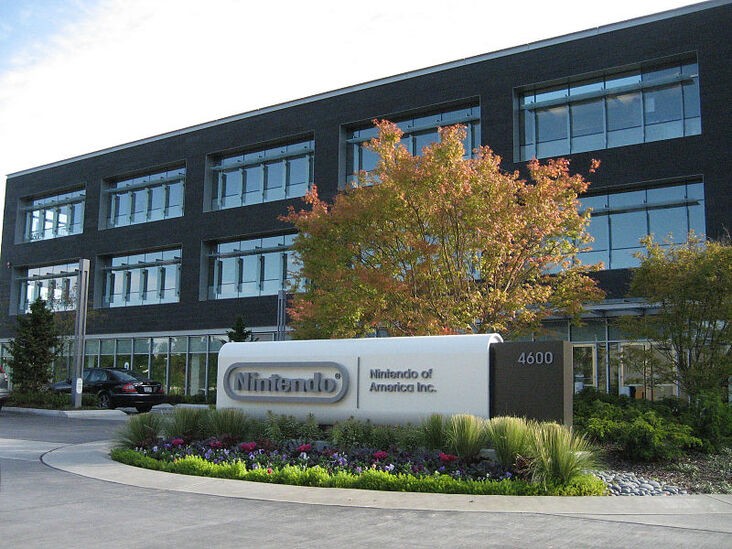
Nintendo's recent unveiling of the Switch 2 marked a telling moment in gaming history - the presentation included no technical specifications, no processing power details, and minimal game announcements. This understated approach highlights how Nintendo has successfully carved its own path away from the industry's obsession with technological prowess.
This strategy represents a dramatic shift from Nintendo's earlier days. The company once proudly named the Nintendo 64 after its processor, competing directly with other manufacturers on pure computing power. However, declining sales of subsequent consoles, particularly the GameCube which sold just over 20 million units, forced Nintendo to rethink its approach.
The turning point came with the Wii, a console that prioritized innovative gameplay over cutting-edge graphics. While competitors Sony and Microsoft showcased visually stunning titles, Nintendo focused on accessibility with Wii Sports - a game featuring simple graphics but revolutionary motion controls. This approach, dubbed the "blue ocean" strategy, aimed to attract new players rather than compete for existing gaming enthusiasts.
This philosophy proved immensely successful. The Wii sold over 100 million units, while the touchscreen-equipped Nintendo DS reached 150 million sales. Both devices demonstrated that technical specifications matter far less to consumers than unique, engaging experiences.
The current Nintendo Switch embodies this approach perfectly. Despite being essentially a modest tablet that doubles as a home console, it's approaching Nintendo's all-time sales record. The device's success stems from its straightforward appeal - the ability to play games anywhere - rather than raw processing power.
Nintendo's strategy has proven particularly advantageous in today's gaming landscape. While other companies struggle with escalating development costs for graphically intensive blockbuster titles, Nintendo's focus on gameplay innovation and accessibility has created a sustainable business model.
The Switch 2's reveal reflects Nintendo's confidence in this approach. The company knows it doesn't need to compete in the specifications arms race - its success comes from delivering unique gaming experiences that resonate with players, regardless of technical horsepower.